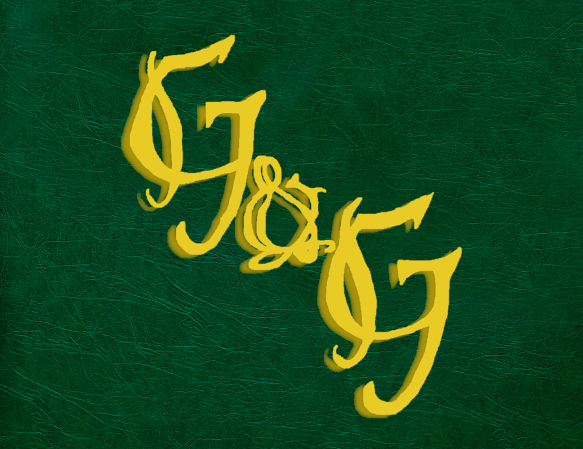An Optional System for Prepared Spellcasting
An Optional System for Prepared Spellcasting:
We have often wondered why spellcasters need to prepare spells every day. As the game has moved away from strictly Vancian 'fire-and-forget' spells, the reason why spells must be prepared every day has become more unclear. Why can't a caster just cast any spell they know?
In this article, I give a possible answer, and some logical modifications to the spellcasting system that arise from it. I also address what exactly 'spell slots' represent, and an optional way to make them both more flexible and more interesting.
On the first point, consider that magic is inherently unpredictable and dangerous. Perhaps 'preparing' a spell is less preparing to cast it, and more, preparing all the proper safeguards to cast it safely. Wards to prevent summoning the wrong thing, shunts to divert excess energy back into the plane of Fire, that sort of thing. In such a case, we might allow casters to cast a spell that they know, but don't have prepared, at the risk of unpleasant side effects.
Mechanically, that would be making an Arcana (or Religion, or Nature, as appropriate to the caster) check with a DC of 15 +the spell level. If the check is made, the spell is cast without side effects. If failed, the side effects are proportional to the amount the check was missed by. As an example, a 5th level wizard knows Fireball, but does not have it prepared. They do have a 3rd level slot unused. Our hypothetical 5th level high elven wizard has a +7 Arcana. They have to make a DC 18 check to cast the spell without trouble. If they get, say, a 15 on the check, they might do an accidental 3 points of fire damage to themselves and/or two others as the channeled fire gets away from them. It might be a number of points of damage equal to margin of failure, to a number of targets equal to margin of failure as well, making bad failures exponentially more dangerous. It might instead drain additional power equal to that margin of failure, either totaled in spell slots, or the spell point system I'm going to outline further down. There's a lot of flexibility here, DMs might decide to come up with equivalent effects instead of damage. You might also rule that, in addition, failing that roll by more than five means you fail to cast the spell, while still suffering the side effects. More than 10, and you get completely uncontrolled magic.
Now let's talk about spell slots. Obviously they represent available magical energy. But why, and how, are they divided into discrete packages equal to specific spell levels? What if they weren't?
Under this system, you would get a number of spell points equal to the total numeric value of your spell slots. For an example, our elven wizard, above, would have 4 first level slots, 3 2nd level slots, and 2 3rd level slots...for a total of 16 spell points, spendable to cast spells in any combination from 16 first level all the way to the other extreme of 5 third level with a first level left over, or any combination. Spell points thus represent raw available magic per day. Now...why do they only have a certain amount of magic available per day? As written, spell casting doesn't make you tired, or cost you anything but the spell slots themselves. Why is that?
Well, in my proposed system, that pool of magic is the magic you gathered to yourself during your rest, and set aside as a magical battery that you can use without tapping your own reserves. But in emergencies, you can tap your reserves. To do so, once out of spell points, you'd spend a Hit Die, like the ones used for nonmagical healing. Roll the die, receive that many spell points plus a number equal to your spell casting stat modifier. However, again, this is risky. First, you are expending your healing for power, rather than healing. That is its own cost. Secondly, raw magic is harder to wield, and could take its toll on you. Mechanically, that would be represented by, again, an Arcana (or Nature, or Religion) roll, DC 15+ the number of spells points received. Pass it? No side effect. Fail it? The margin by which you failed becomes the cost in your actual hit points. In addition, failing that roll by more than five means you fail to cast the spell, as well. More than 10, and you get completely uncontrolled magic. Such 'overdraw' damage would not be subject to magical healing, but like exhaustion, would require a long rest. Out of hit dice? Higher risk still. You could spend a level of exhaustion for the same effect, equal to a single hit die, with the same results for failure.
Casters would still be subject to the limit of how high a spell they can cast at their level. However, there is a third possible hack to the system to consider. With spell points, rather than slots, one might pump more spell points into a spell one knows than its level, maybe even higher than a level you could normally cast. This 'overcasting' is likewise dangerous, and would require an Arcana (etc) check vs a DC of 15+effective spell level. Miss it, and take the margin of failure in hit point damage that cannot be magically healed. In addition, failing that roll by more than five means you fail to cast the spell, as well. More than 10, and you get completely uncontrolled magic.
Thoughts?
